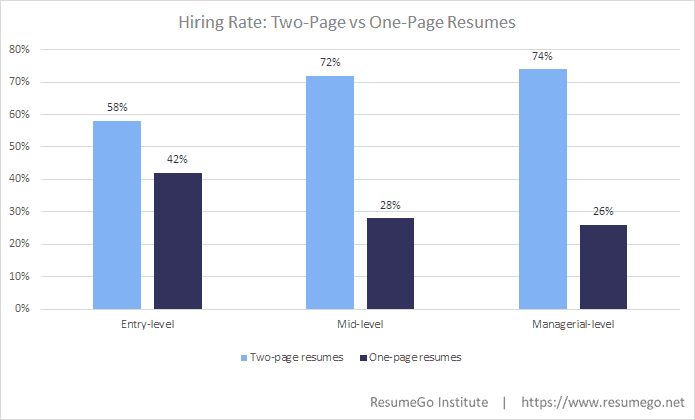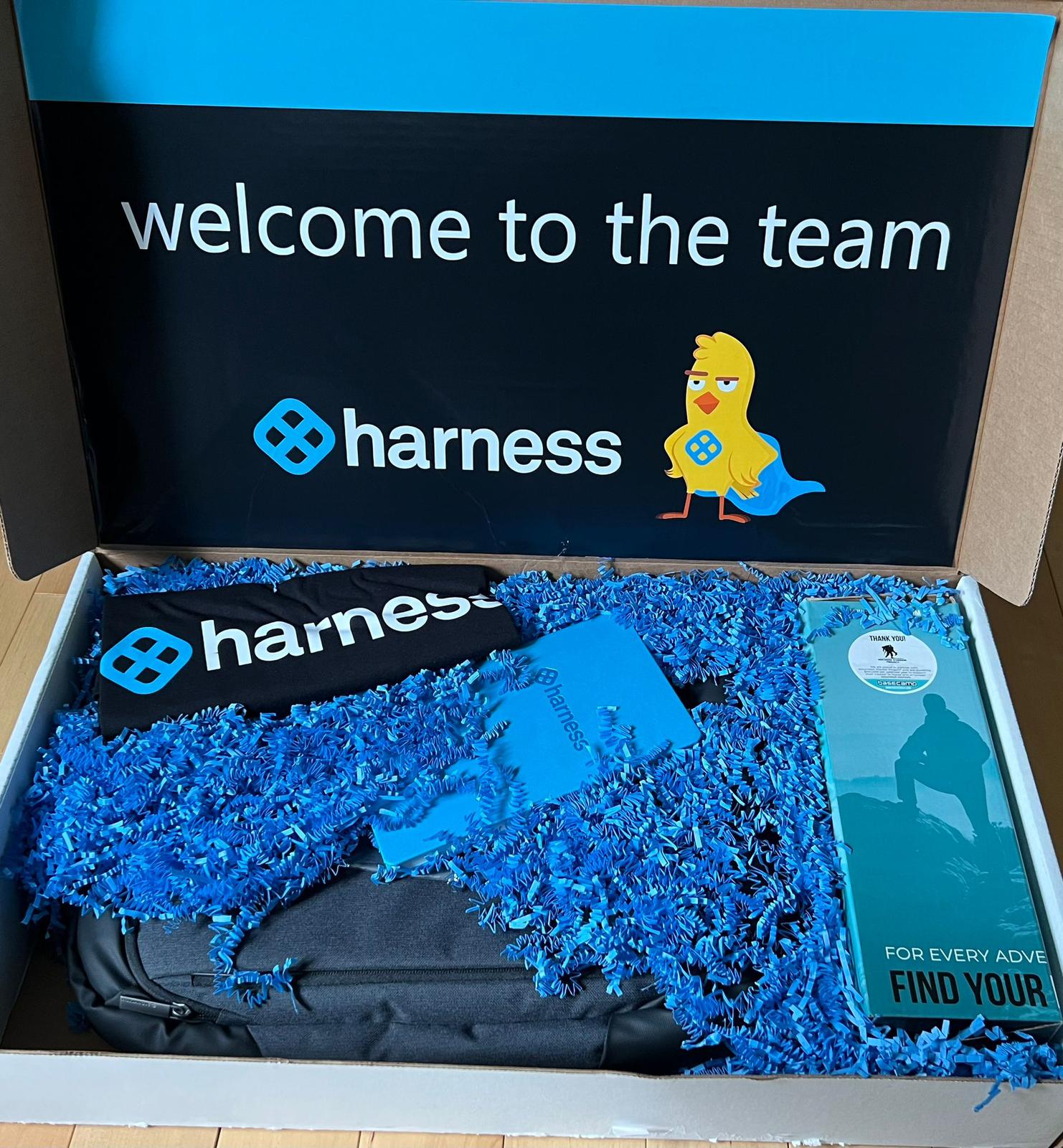Coach yourself - how long should the resume be?
In the last 8 years, I have reviewed over 800 resumes as part of my free resume review service on LinkedIn. I’ve also followed dozens of hiring managers and technical recruiters and read their contents on resume page count. In this blog, I’ll go to great lengths (pun alert) to share my opinion about the ideal resume length and make some suggestions on how to write a concise yet impactful resume. The scope of my blog is within the software industry and North American region. If you’re a doctor or a professor, what I write might not apply to you. For certain countries, the North American resume do’s and don’ts might not apply.
Audience and purpose
The audience for your resume is recruiters and hiring managers. These are busy individuals, and they have a stack of resumes to go through.
The purpose of your resume is to get you an interview, not land you a job. The resume should satisfy three golden rules:
- Avoiding BS: Leave unnecessary or irrelevant information out.
- Meeting requirements: Convince the reader that you are able to do the job.
- Staying concise: Reading a resume is grunt work. Don’t make it any more grunter (new word of the day) by making it too long.
I’ll assume that you meet the requirements for the job. This blog is not about what to include in the resume, but rather what not to (which relates to the page length discussion). Therefore, let’s keep the focus on points 1 and 3.
Write a resume; not a CV
A CV (the full form curriculum vitae means “course of life” in Latin) is often for academic purposes and can span over multiple pages because it lists all your credentials. It would contain details about your education, courses you took, papers you published, honors, and other achievements. The fact that you’re reading this blog indicates that you’re not pursuing a career in academia. For the industry, you need a resume and not a CV. A resume highlights your competencies rather than your credentials.
The hiring manager might never see your resume
It’s true! When you upload your resume to a job portal, the system fetches relevant information from that document and adds an entry to a dashboard. The hiring manager sees that dashboard and not your actual PDF resume. For example, you listed two items under “Work Experience” and seven items under “Volunteer Experience”. The system might put the “Volunteer Experience” in “Other” category, and the hiring manager might never check that section because it might not be relevant to the role. An exception to this is when you’re being referred and someone sends your PDF resume to the hiring manager directly. More on that in the next section.
How does your resume reach the company?
“Too short of a resume” is rarely an issue. It’s often the debate around a resume being too long. Before I talk about the ideal resume length, it’s important to understand the ways your resume reach a company:
- The recruiter contacts you first, does a phone screening and asks for a resume to pass to the hiring manager.
- Someone referred you to the hiring manager directly and passed on your resume.
- You apply online and your resume is uploaded to the company “pool-of-resume” database.
For the first two ways, the candidate count is in single digits for most cases because the company is not reaching out to hundreds of candidates for an open position (except for maybe Amazon SDE roles :) ). That’s why. you’ll hear some hiring managers say:
I don’t care if your resume goes onto a second page. Tell me what I need to know. Just don’t make it an essay, and don’t make it 7 pages.
If the hiring manager had to go through hundreds of online applications, they might have a slightly different opinion. But refer to the first two ways how your resume reaches a hiring manager and you’ll know why a stack of resume is not the problem a hiring manager faces.
The never-ending debate on page count
You’ll find countless articles like this one claiming to be “based on research”:

However, a quick search of that company’s blog shows the following content:

Confused? The internet has made the topic of the length of a resume similar to topics like “Is coffee good for health?” But I won’t leave you with “it depends”. I have a definitive answer for you in the next-to-next section.
Resume should have relevant information
The industry might be divided when it comes to the length of resume but one place where we all agree is that the resume should have relevant information. What counts as relevant to you might not be relevant to the hiring manager. It’s paramount that you never lose focus on your audience and their goals. Your audience is hiring managers who are looking for experts in certain fields to do the work. Do they need to know about every single project you did? No. Do they need to know about the awards you received in the university? No. Do they…? You get the idea.
What is relevant information then? DO NOT FOCUS ON YOURSELF. Read the job description. Now, read it again. And, again. The company is giving you all the relevant information right there. It doesn’t mean that if the job description lists AWS skills you’re not going to list Azure skills. If the skill is transferrable, then include it by all means. But please don’t include “Microsoft Office” in your resume.
What if you have 20 years of experience and you worked at 12 companies? How about working for just one company in 20 years? Does that mean that these two resumes will vary in length just because the first resume lists 11 more companies? The company (and hiring manager) doesn’t care about the number of companies you worked at (maybe they do if you’re switching jobs too often but that’s another hot topic). Even if you worked at eleventy thousand teams/companies, just including the last two or three experiences will suffice. Do you feel that doing so will make you look less experienced than you actually are? I hope that you’re making use of the resume summary section and writing a nice pitch which includes your number of years of experience. You’ll have plenty of time during the interview to boast about all of the previous 12 jobs; just don’t eat up the resume pages to do so.
Resume should be between 1-2 pages
There you go. The cat is out of the bag and time to tell you my reasoning behind this claim. I firmly believe that a resume is NOT the place to list your entire work/academic history. Everyone should maintain some sort of website, personal blog, or digital portfolio. If you’re not going for a senior leadership role, my recommendation would be to keep your resume to a single page. Contacts, resume summary, skills, 2-3 work experiences, project or open-source contributions, and education should nicely fit into a single page (I know it’s possible because I spend a large amount of time reviewing resumes).
If you have 10+ years of experience (don’t get fixated on the number. I had to pick a number) and you feel crammed into a single page, you can use the second page. Keep in mind that the information should be thoroughly distributed and don’t just use the second page for three lines of your volunteering experience. Fill up at least 70% of the second page and remember rules 1 & 3 - no BS and stay concise.
If you’re a CEO or a research scientist who needs to add the patents to your resume, this blog is not for you. Feel free to take up multiple pages because people who review your resume have all the time in the world to do so.
How to keep the resume concise?
If you’ve read carefully so far, I’ve spilled some secrets to trim your resume already. Here are my suggestions on how to keep the resume short, sweet, and concise:
-
Take the focus off of you and focus on the company. Make a list of skills and experiences they seek and include ONLY those ones that are valuable to the hiring manager.
-
Do you have multiple items under the “education” section? Listing the most recent academic experience will suffice.
-
Did you take 15 Udemy courses this year? Good for you. Please please please don’t list all 15 on your resume. You can list a few projects you did within those Udemy courses that are relatable to the job.
-
Do not use your own custom template. Use a resume template. Just like you don’t want a resume with an insanely large font; you also don’t want to have a single-page resume with a size 6 font. Do not sacrifice readability for conciseness.
-
Although my own resume is two-columns, I see many professionals advise against this practice. My suggestion would be to use two-columns only if it’s done by a resume builder or template.
-
Link out to your personal website, blog, GitHub, etc. so that you don’t rely on the resume to tell your complete story. A resume should pique interest and provide pointers to other mediums where the company can learn more about you.
-
Don’t try too hard. Although some job descriptions suggest otherwise, you don’t need to know every single tool out there to land a tech job. If you’ve listed 20 DevOps tools on your resume, either I cannot afford you because you’re a unicorn OR you actually know about two tools and watched a few YouTube videos on the other 18.
I hope this blog helps you write a clear, concise, and relatable resume. If you need a free resume review, my DM is open for you.




